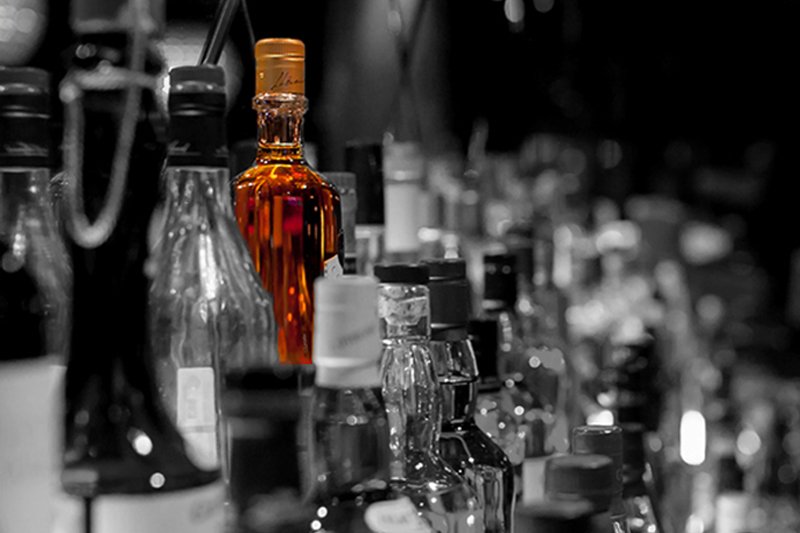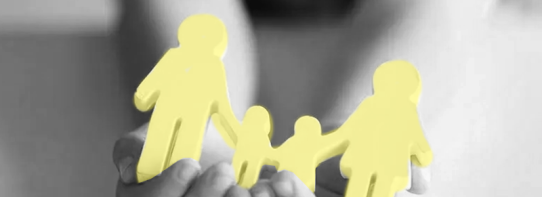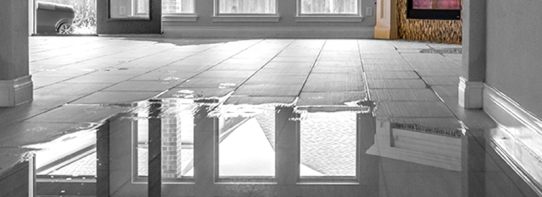Is Your Business Protected from Liquor Liability?

Did you know that in some states, bars and restaurants can be held liable for injuries or death caused by an intoxicated person to whom they served alcohol? It’s called the Dram Shop Law—and it allows the victim of an intoxicated person to sue not only the perpetrator of the wrongdoing but also the establishment that provided the alcohol.
Consider this: In 1999, a New Jersey jury awarded $135 million to the family of a girl who became paralyzed when a drunk driver, who was coming from a NY Giants football game, collided with the car in which she was riding. It was determined that the Giants Stadium concessionaire was partially liable for the victim’s serious injury.1
Liquor liability has become even more pronounced during the pandemic. In fact, US Sales of alcoholic beverages rose more than 240% since COVID hit in March. With alcohol abuse on the rise during these unsettling times, it’s more important now than ever to ensure your business is protected from liquor liability should the unthinkable happen.
Enter liquor liability insurance.
What is Liquor Liability Insurance?
While commercial general liability (CGL) insurance provides liquor liability for most businesses, those that make, distribute, sell or furnish alcoholic beverages are excluded from such coverage; they require a separate liquor liability policy.
Liquor liability insurance provides coverage for businesses and professionals who serve alcohol, including bartenders, food vendors, chefs, etc. Coverage includes legal fees, settlements and medical costs associated with an accident, event or altercation caused by the intoxicated person, such as:
- Drunk driving-related injuries
- Assault and battery
- Sexual assault or harassment
- Slips, falls and personal injuries
For example, if an intoxicated person leaves a bar or restaurant and later causes damage to another building or causes someone physical harm, liquor liability insurance would cover legal fees and the injured party’s immediate medical expenses. Liquor liability insurance, however, does not cover damage to the policyholder’s property, nor does it cover incidents related to underage drinking.
Who is Liquor Liability Insurance for?
Liquor liability insurance is designed for any type of liquor-related business, including:
- Restaurants
- Bars and taverns
- Liquor manufacturers and distributors
- Social and fraternal clubs that distribute alcohol
- Liquor stores
- Convenience stores that sell alcohol
- Hotels
- Breweries and wineries
- Catering companies
- Special events or fundraisers that offer alcoholic beverages
- Casinos
- Sports facilities and complexes that serve alcohol
Liquor Liability vs. Host Liability Insurance
It’s important to note that liquor liability insurance is not the same as host liquor liability insurance, which provides coverage for businesses or event hosts who don’t manufacture, serve, or sell alcohol but have incidental exposure to it. For example, this might include a company party where the company is furnishing alcohol to guests or allowing people to bring their own drinks. Unlike liquor liability insurance, host liquor liability insurance can generally be included in a CGL policy.
Minimize Your Risk of Liquor Liability
While liquor liability insurance will protect your business should it be named in a lawsuit, it’s always better to avoid the situation altogether. There are several proactive measures you can take to mitigate your liquor liability risk and protect your business:
- Encourage patrons not to become intoxicated
- Don’t serve an already intoxicated person
- If you are concerned about an intoxicated person leaving your establishment, ask him or her to take a breathalyzer test
- Offer to call rideshare services for those you feel shouldn’t get behind the wheel
- Enroll servers in training courses that address how to recognize and manage an intoxicated patron
- Create and distribute a written policy about serving alcohol and hold regular staff meetings to discuss and ensure compliance
- Promote non-alcoholic beverages
- Steer clear of extended happy hours or drinking contests
Liquor Liability Insurance Agents at Your Service
You can’t control what people do when they come into or leave your establishment, but you can take proactive measures to limit your risk of liability and protect your business.
Don’t take a risk with your business. Be sure you have the appropriate coverage to protect you from potentially catastrophic liquor liability. Contact our team today to ensure you have the right coverage for your business.



